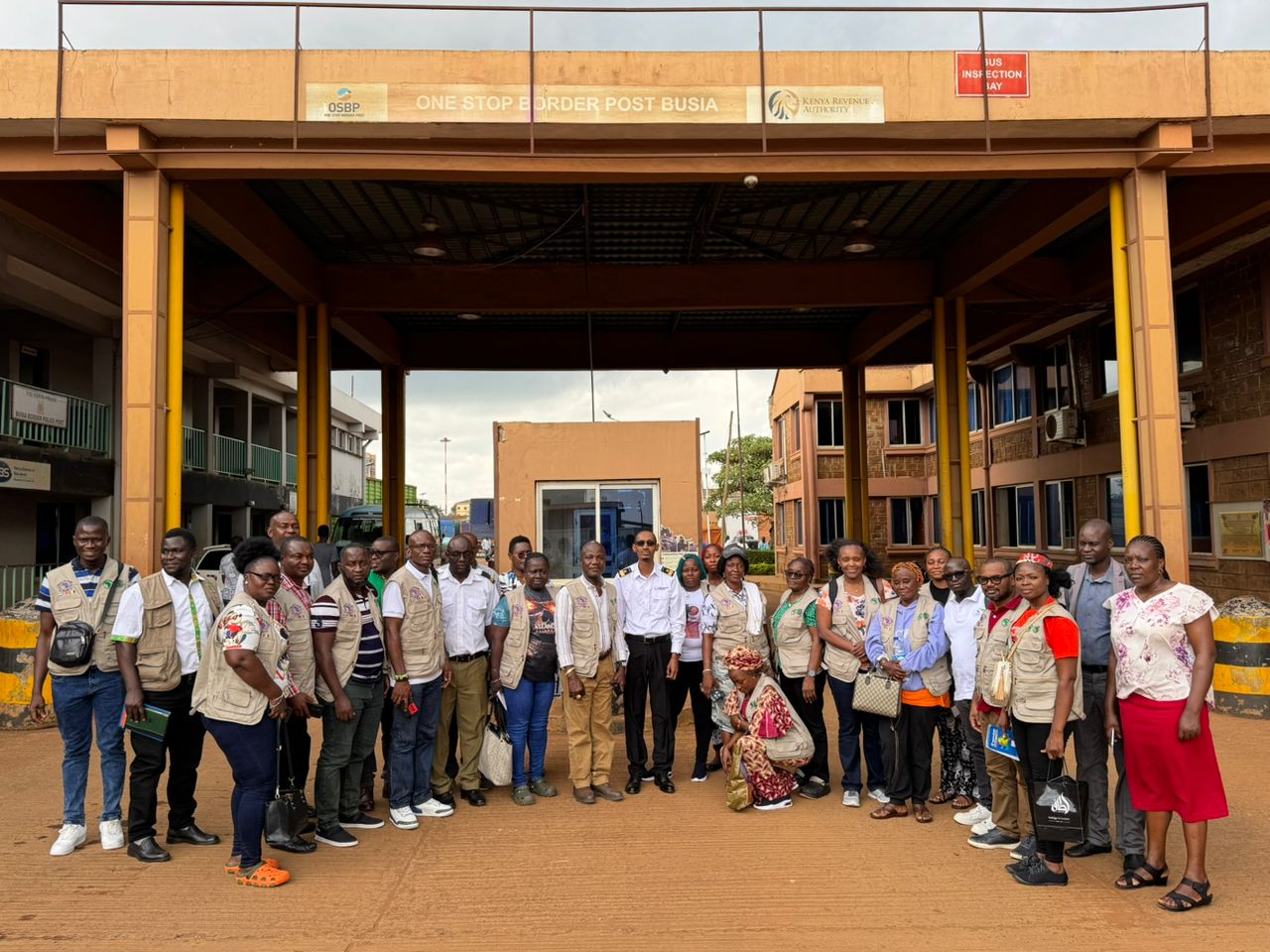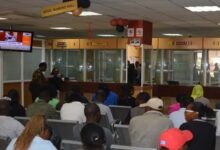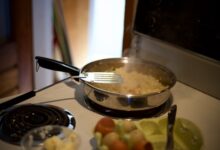Boosting Women’s Trade: Mano River Union Explores Kenya’s Border Model

A Mano River Union (MRU) delegation recently concluded a successful study tour of the Busia One Stop Border Post (OSBP) between Kenya and Uganda, gaining valuable insights into efficient cross-border trade systems that benefit women traders.
The tour brought together women traders and border officials from Liberia and Sierra Leone, alongside representatives from the African Development Bank (AfDB).
The Busia OSBPs, one of East Africa’s busiest border crossings, handling over 3,000 people and 900 vehicles crossing daily, has transformed cross-border trade since its establishment in 2018.
The facility serves as a model for streamlined border procedures between Kenya and Uganda, demonstrating significant improvements in trade efficiency and women’s economic empowerment.
African Development Bank’s Principal Gender Officer Nelly Maina, who led the Bank delegation, said the Busia OSBP exemplified how structured trade facilitation and targeted support can drive economic empowerment for women in cross-border trade.
“It brings out the importance of collaboration with government agencies and the provision of essential resources such as training, capacity building and infrastructure, and the development of inclusive policies that address women’s specific needs.”
The tour was part of the AfDB’s funded Building Inclusive Business Ecosystems for Stabilization and Transformation (BI-BEST) project, which aims to empower 1,500 women traders in Liberia and Sierra Leone.
The project focuses on enhancing participation in cross-border value chains for resilient economic growth and social cohesion.
The delegation held discussions with Kenya’s Ministry of Investments, Trade and Industry, the National AfCFTA Committee, TradeMark Africa, Busia Border management authorities, and local women cross-border traders, who shared their experiences of the OSBP’s transformative impact.
Women traders from Kenya and Uganda detailed how the OSBP, operational since 2018, has enhanced their ability to conduct business seamlessly across borders.
“I buy Irish potatoes in Kenya and bring them to Uganda, then purchase maize in Uganda and return it to Kenya. I am now a fully-fledged cross-border trader, enlightened and sensitized,” Mercy Mugo, a trader in Busia town said.
Another trader, Florence Atieno, emphasized the broader social benefits of an inclusive trade environment.
“We believe that by addressing the critical needs of women in trade, we can positively impact the community and promote the overall economic well-being,” she said.
Delegates from Sierra Leone and Liberia found the experience particularly inspiring.
” I am impressed by how Kenyan women collaborate with security officials and manage their businesses alongside childcare responsibilities,” Betty Kamara from Sierra Leone noted
“I will meet with my women’s association, Good Seeds, in Liberia to share the lessons learned from Kenyan women traders,” Esther Tamba from Liberia stated.
The tour also highlighted the critical role of infrastructure and policy in creating a safer, more inclusive trade environment for women.
This center now provides accessible, affordable childcare, enabling women to focus on trade, entrepreneurship, and employment.
According to the joint border management committee, the Busia OSPB has transformed cross-border trade.
“Before its establishment, traders endured long clearance queues and complex bureaucratic procedures, with women particularly vulnerable to security risks and lacking storage facilities for unsold goods,” the committee said.
“Many relied on intermediaries to facilitate their passage. Today, Simplified Trade Regimes (STRs), certificates of origin, and other accessible documentation have replaced lengthy procedures, allowing women to manage their transactions independently.”
“A dedicated reporting desk now enables women to voice their concerns, while new facilities—including lactation rooms and secure storage spaces—enhance their trading experience.”
Through continuous sensitisation efforts by the Kenyan and Ugandan governments and the private sector, women traders are now more informed about their rights and available resources.
Training sessions provide guidance on trade procedures, documentation requirements, and trader rights, fostering a more inclusive trading environment.
“By applying these insights within the MRU, we look forward to contributing to an inclusive business ecosystem in the West Africa region,” Sierra Leone’s Betty Kamara added.
Follow us on WhatsApp, Telegram, Twitter, and Facebook, or subscribe to our weekly newsletter to ensure you don’t miss out on any future updates. Send tips to editorial@techtrendsmedia.co.ke



